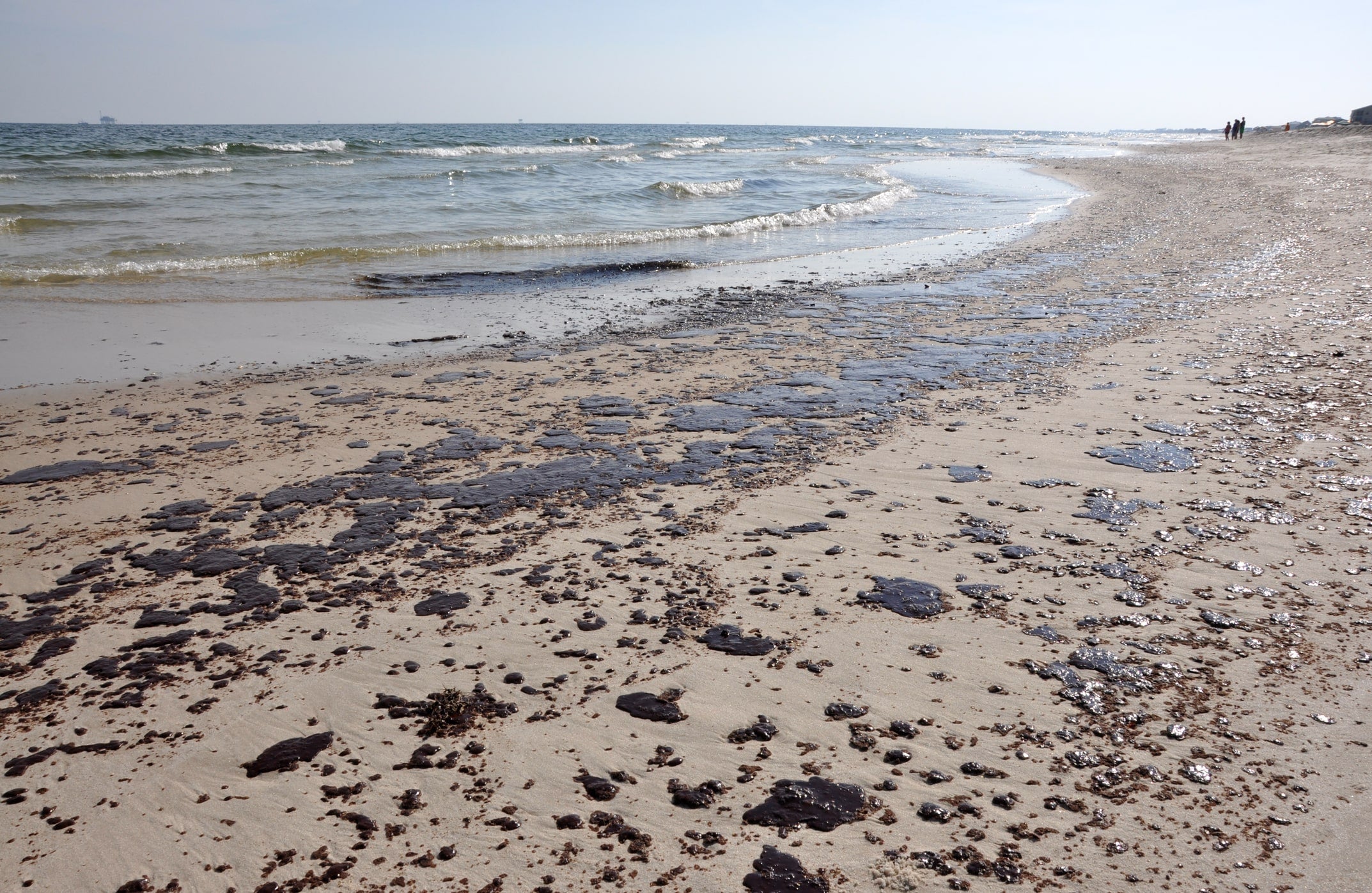
A study has found that it could cost up to $30bn to plug old oil wells in the Gulf of Mexico off the south-east coast of the US. Following 85 years of production, more than 14,000 wells have been left unused and unplugged, which could cause leaks and spills.
The Gulf is now home to more non-producing and unplugged wells than those still involved in operations. For the wells to be plugged, cement needs to be placed in the wellbore and upper portion of the well, which is especially expensive for offshore oil wells.
According to the authors of the study in Nature, wells in shallower waters closer to shore make up 90% of inactive wells but only 25% of total plugging and abandonment costs. They also present a higher environmental risk.
Owners of wells in federal waters, which are located further from the shore, can be held liable for plugging and abandonment costs if they have not sufficiently closed a well, even if it is not operated under a different company.
A total of around 82,000 wells have been drilled in Gulf of Mexico coastal waters in Louisiana, Texas and Alabama, according to the research.
The researchers also found that 88% of the old wells located in federal waters had been “currently or formerly owned by one of the large, financially stable ‘supermajor’ companies”. The companies, which include BP, Shell, Chevron and Exxon, may be liable for abandonment costs.
Salt marshes along the northern Gulf Coast are particularly sensitive to leaked oil, in addition to coastal communities.
Unplugged wells and the Inflation Reduction Act
Unplugged wells can release large amounts of methane into the atmosphere if they leak. The Biden administration has committed to reducing the amounts of methane released into the atmosphere as part of the Inflation Reduction Act. The US Environmental Protection Agency plans to begin charging emitters of methane up to $1,500 per tonne.
Methane is a greater environmental risk in shallower waters as the gas is capable of reaching the surface and escaping into the atmosphere.
In 2021, the US Senate passed a $1trn infrastructure bill with $4.7bn set aside to plug unused oil wells, both on and offshore. However, according to the study published on Monday, it is not nearly enough to account for costs.
Offshore and coastal wells have accounted for less than 3% of the wells ever drilled in the US but have accounted for approximately 15% of all oil production over the past two decades.
Certain US states have specific programmes to plug disused wells in cases when the company cannot perform the work; for example, in the case of bankruptcy, which is funded by taxpayer money.


